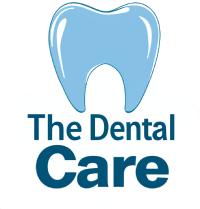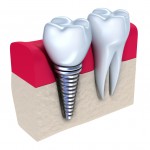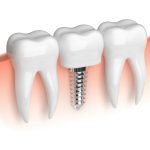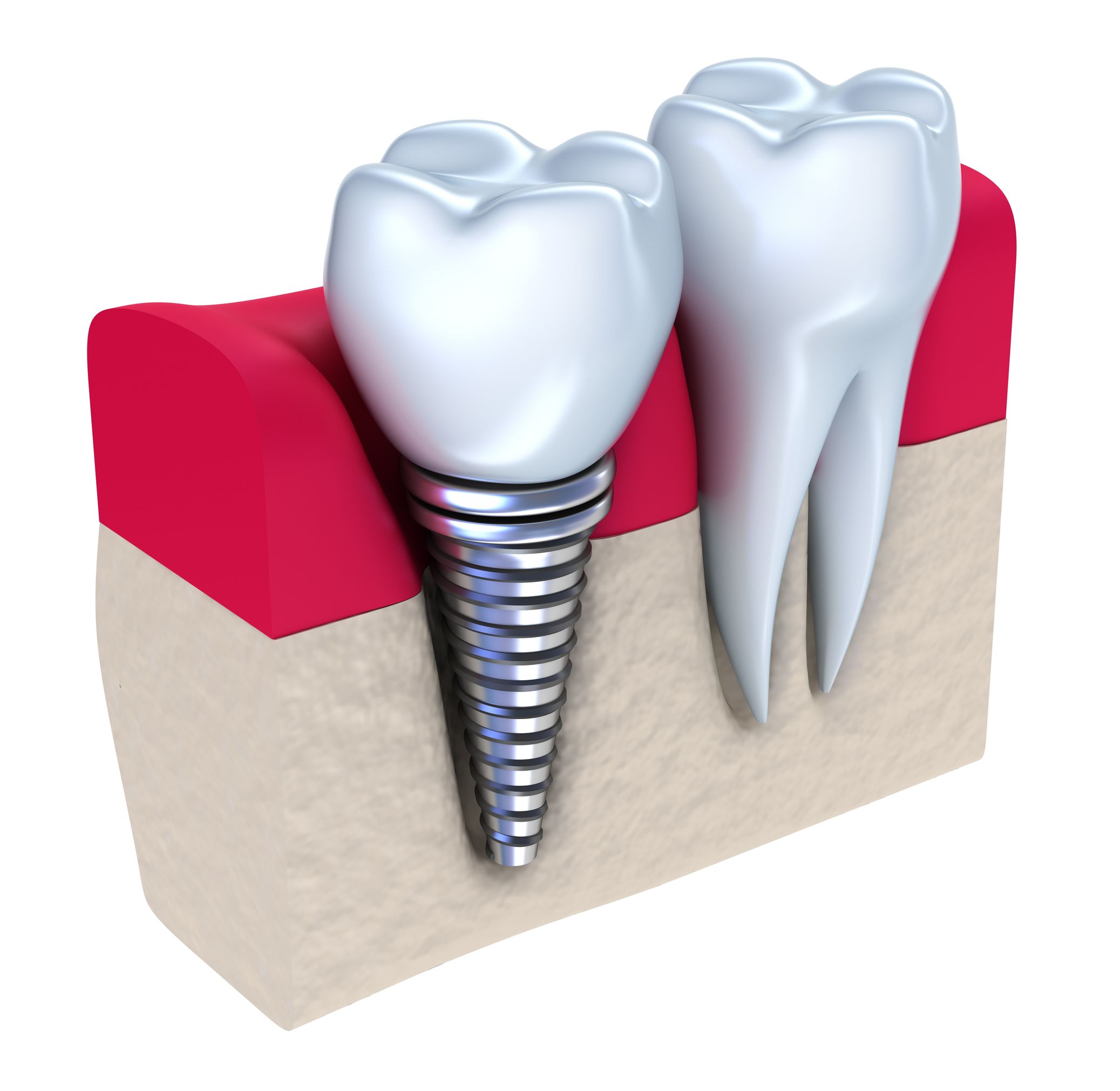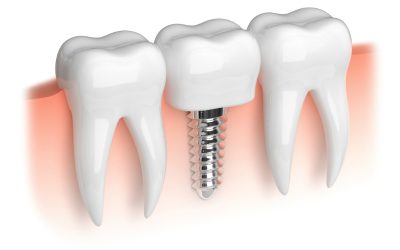The temporomandibular joint is that unique connection between the skull bones and the lower jaw. Its primary function is to allow the lower jaw to move up and down or laterally for chewing or talking. Unfortunately, there are various disorders that can affect this joint and result in pain or problems that affect movement. These issues are generally classified as TMJ disorders and typically require a specialist to treat them. Tmj Treatment in Madison WI is the first step in eliminating the discomfort caused by these problems once they have been diagnosed by an expert.
It is currently unknown how many people suffer from TMJ, but the estimates range in the millions. One reason for this is that many people suffer in silence, partly because the symptoms are not consistent. TMJ can occur unexpectedly and may worsen over time. Common causes of TMJ disorders include trauma to the jaw or side of the face and severe dislocation of the joint. Unfortunately, there is not enough evidence to determine exact causes when trauma is not the underlying factor. Surprisingly, TMJ is more common in women than men, but the exact reason for this is still undetermined.
Symptoms of TMJ include radiating pain in the jaw, neck or face, plus stiffness or limited motion of the jaw. Muscle stiffness may also occur and the patient may hear clicking noises when the joint ‘pops’ during movement. TMJ often inhibits movement of the jaw and usually causes a grating feeling when attempting to force movement. Progression of the ailment can also affect the way the lower and upper teeth meet.
Tmj Treatment in Madison WI varies with the severity of the problem. For instance, eating softer foods can reduce the stress on the joint and this should help lower inflammation of the tendons. The application of ice may reduce pain and gentle exercises can increase the range of motion. These methods are generally used in conservative treatment plans.
More aggressive treatments may be required when the TMJ causes severe pain. The use of pain medications can help, but they won’t treat the cause, just the symptoms. The use of stabilizing splints may provide some relief. This is also known as a bite guard and is a short term solution. Alternately, the dentist may suggest the use of botulinum toxin to restrict movement.
